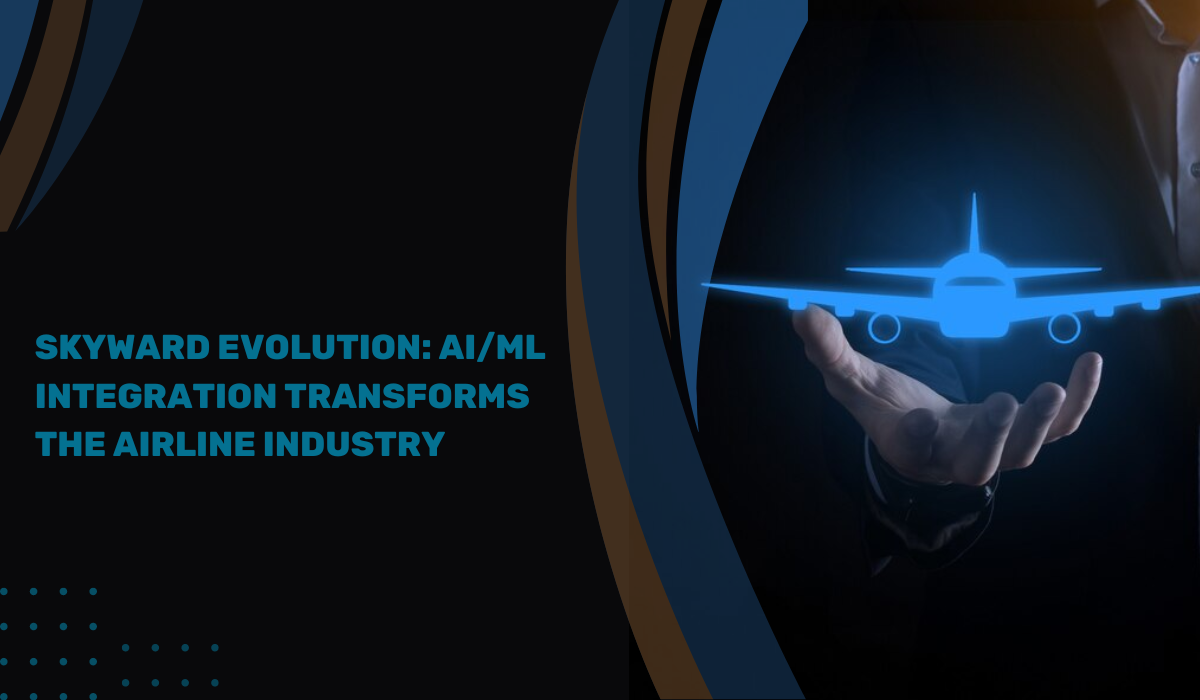
In recent years, the airline industry has undergone a significant transformation, primarily due to the integration of Artificial Intelligence (AI) and Machine Learning (ML) technologies. As reported by the Global Airline Retailing Market Research Report, the global airline retailing market is projected to reach USD 42.35 billion by 2030, growing at a CAGR of 16.49% from 2023 to 2030. The focus of modern airline retailing is on delivering a seamless, intuitive, and intelligent travel experience that spans shopping, booking, and fulfillment. This approach extends beyond traditional air services, encompassing innovative options like car rentals, accommodations, excursions, and events, aiming to establish a comprehensive one-stop solution for travelers.
Airlines are strategically investing in customer-centric experiences, incorporating biometrics, robotics, and contactless travel to enhance and customize the overall travel experience. The adoption of AI and ML is not only improving operational efficiency but also enabling real-time customer engagement, effective cross-selling, upselling, and service provisioning. These technologies empower airlines to analyze extensive datasets, recognize trends, and make data-driven decisions, facilitating personalized service delivery.
The extensive integration of AI/ML technology in the airline industry spans various departments, including flight scheduling, airline networks, pricing, revenue management, and operational and staff planning. Advancements in pricing strategies have evolved from static pricing to rules-based systems, and now to AI/ML-driven pricing. The third generation of pricing systems adapts to changing market conditions in real-time, optimizing profitability and providing personalized offers for passengers.
Airlines are adopting retailing practices to position themselves as contemporary retailers rather than mere inventory suppliers. This shift allows for enhanced customer experiences through personalized offerings and targeted marketing strategies. Modern retailing techniques for air, ancillaries, bundles, and upgrades optimize pricing strategies, increase revenue, and offer personalized recommendations based on passengers' trip purpose and travel history.
While AI/ML offers numerous advantages, the shift from conventional Passenger Name Record (PNR) based retailing to offer order-based retailing presents challenges. Building scalable end-to-end systems demands both technological and subject matter expertise. Airlines face obstacles in productizing sophisticated systems and ensuring scalability and performance for real-time customer interaction. Collaboration with travel technology partners becomes crucial for airlines to access cutting-edge technologies, enhance their systems, and stay competitive in the ever-evolving industry. The implementation of AI/ML in air travel is poised to revolutionize the sector, bringing improvements in efficiency, safety, and overall passenger experience, but careful consideration and critical thinking are essential to navigate potential challenges and ensure positive outcomes for both travelers and society.